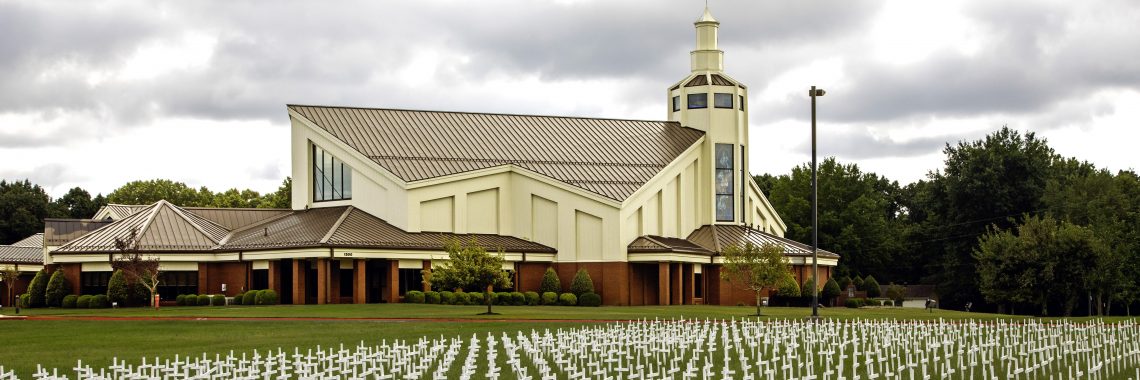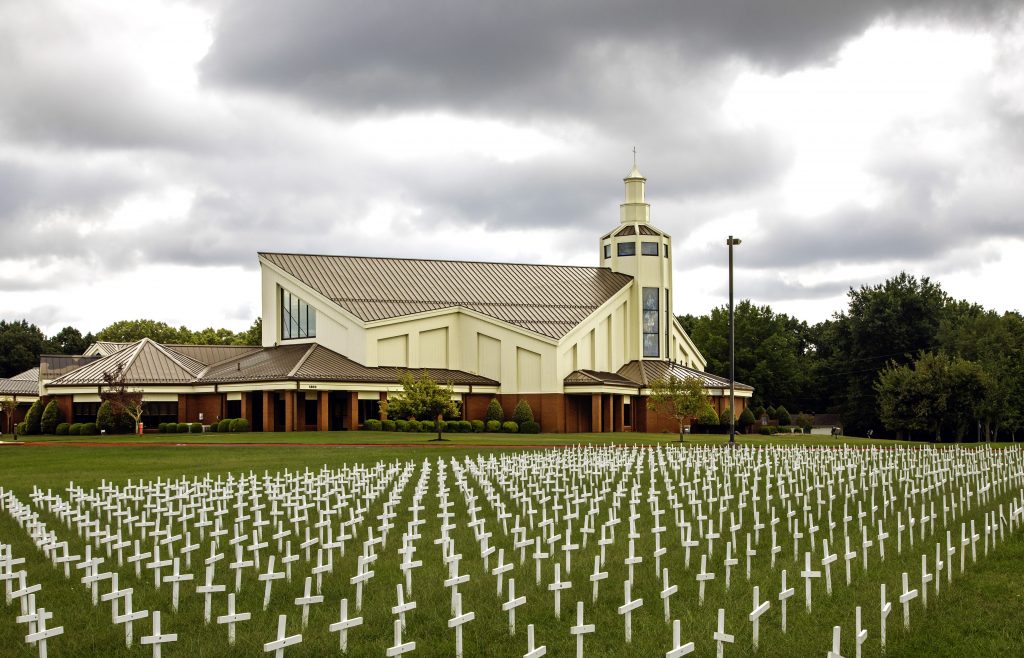Texas Pushes Back on Mail-Order Abortion Pills

Last week lawmakers in Texas passed legislation letting people sue abortionists who mail abortion drugs into the state. The measure is similar to steps Arkansas and other pro-life states have taken to prevent abortion drugs from being shipped across state lines.
Since 2022, Arkansas has generally prohibited abortion except to save the life of the mother, and state law prohibits abortion drugs from being mailed or delivered in the state. Abortionists who break the law are subject to criminal penalties. They may be sued for malpractice, and they face professional discipline — like suspension of their medical licenses.
However, news outlets have reported that pro-abortion states are enacting “shield laws” to protect abortionists who ship abortion drugs across the country.
If an abortionist in one of these states mails abortion drugs to Arkansas or Texas, the state’s “shield law” prevents the abortionist from being prosecuted. Groups like Planned Parenthood are also spending millions of dollars to promote abortion to women from pro-life states like Arkansas. That’s a serious problem.
Attorney General Tim Griffin has sent cease-and-desist letters to companies advertising abortion drugs in Arkansas, and he has notified the companies that they may be penalized under the state’s Deceptive Trade Practices Act. He has also urged the federal government to restrict abortion drugs and let states like Arkansas enforce their pro-life laws.
Abortion drugs don’t just end the lives of unborn children. They also carry serious health risks for women.
A recent study by the experts at the Ethics and Public Policy Center shows abortion drugs are at least 22 times more dangerous than the U.S. Food and Drug Administration labeling indicates.
Researchers found that from 2017 to 2023, nearly one in nine women suffered serious health complications like sepsis, infection, and hemorrhaging as a direct result of abortion drugs.
It’s worth pointing out that public opinion polling shows Arkansans oppose abortion, and there is evidence that children are alive today because Arkansas has prohibited abortion. The state’s pro-life laws are saving lives, but it’s important to make sure abortion drugs aren’t illegally shipped into Arkansas — or any other state, for that matter. Abortion drugs are dangerous. They simply should not be for sale in America.
Articles appearing on this website are written with the aid of Family Council’s researchers and writers.




